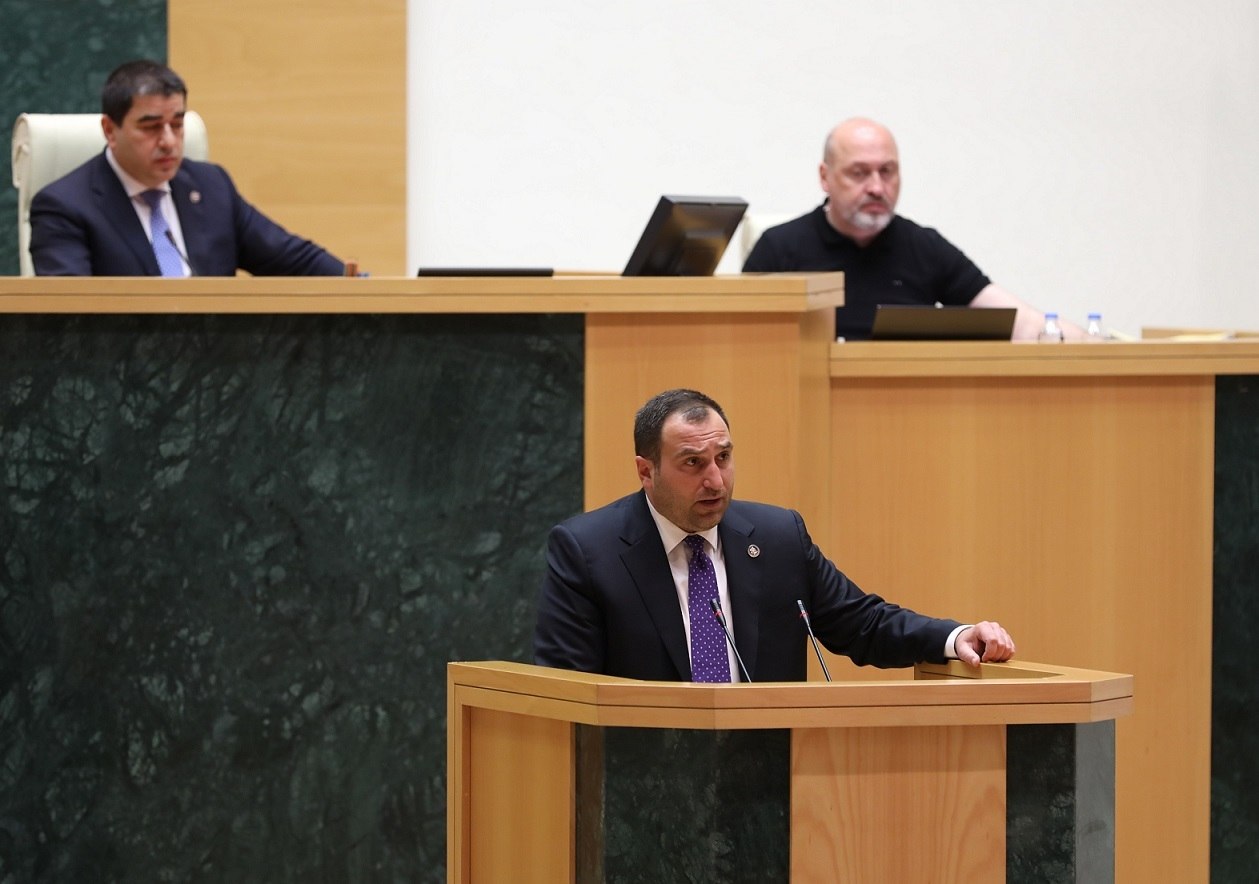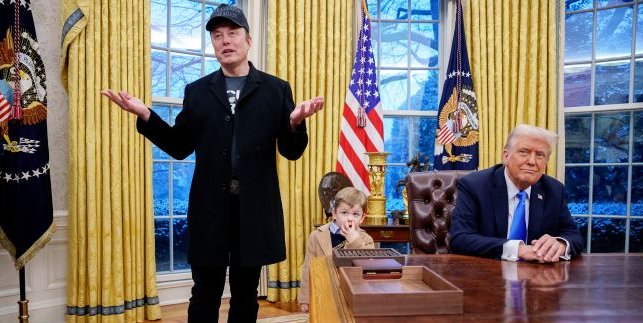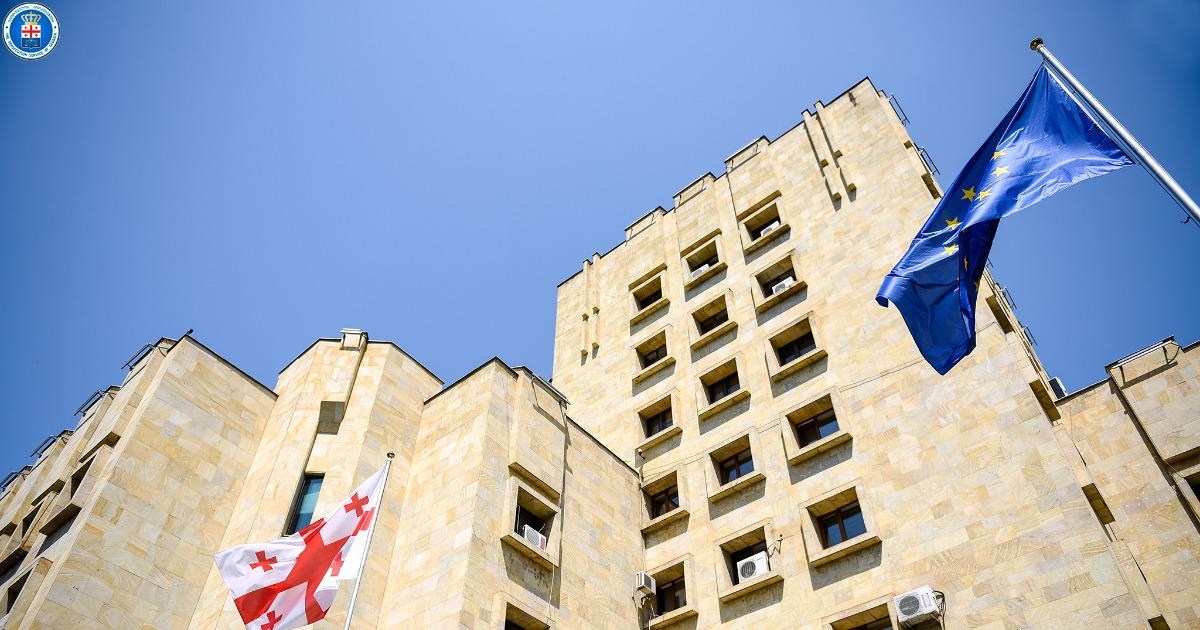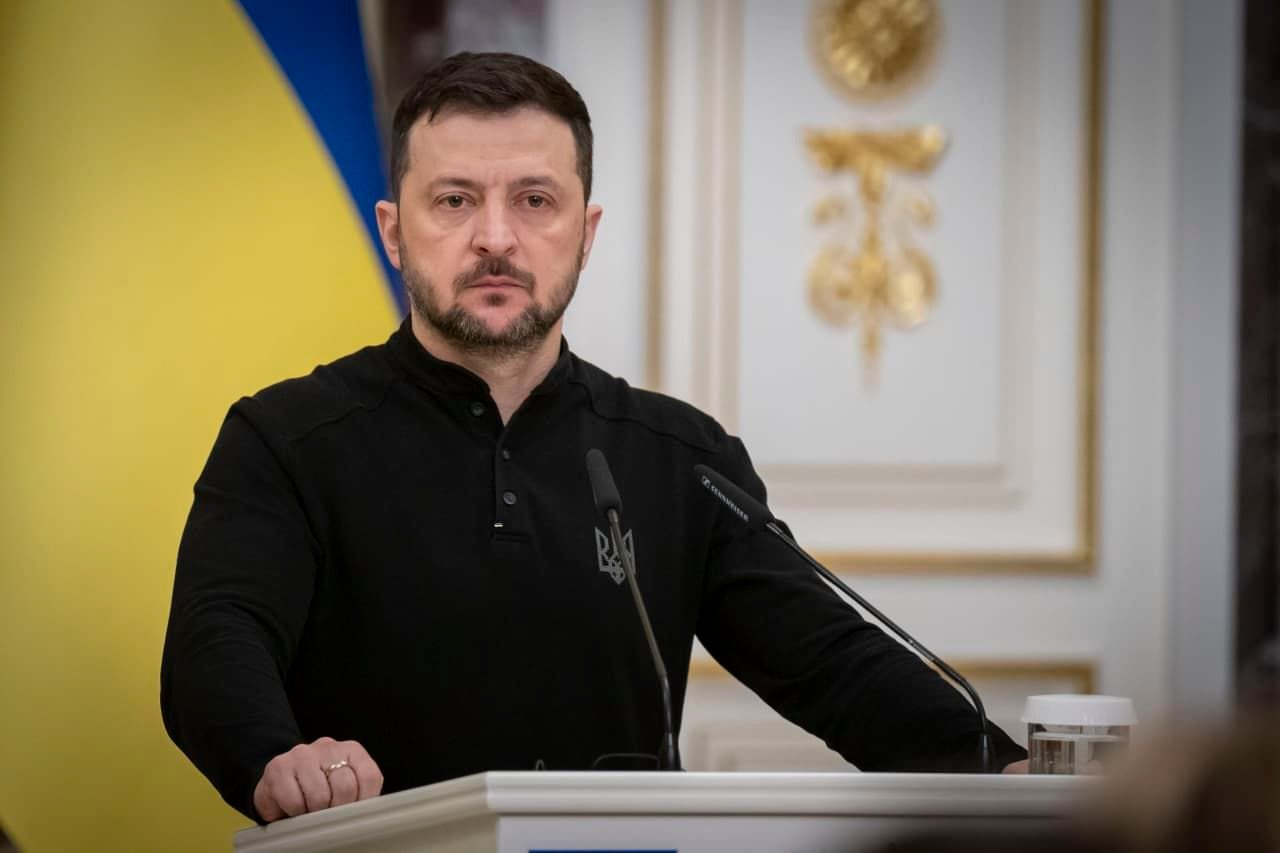Georgian ruling party MP: Grant approval law needed to prevent foreign-funded ‘violent protests’

Author
Front News Georgia
Irakli Kirtskhalia, First Deputy Chair of the ruling Georgian Dream parliamentary faction, defended proposed amendments to Georgia’s Law on Grants during a briefing in parliament, emphasizing that the changes are essential to prevent foreign powers from funding violent protests or other destabilizing actions in the country.
According to Kirtskhalia, the proposed legislation would establish a mandatory government approval mechanism for receiving grants from foreign sources. The aim, he said, is to safeguard Georgia’s sovereignty and national security by preventing the misuse of grant funding for political interference or unrest.
“Georgia’s current legislation allows a wide range of entities to issue grants, including foreign governments, international organizations, and their representatives. Given that grants are by nature financial resources provided free of charge for a specific purpose, it is vital to introduce a system where receiving such grants requires the prior approval of the Georgian government or an authorized agency,” Kirtzkhalia stated.
He further warned that foreign actors have previously used funding to promote radicalism and incite violence. “We have seen campaigns that romanticize the use of Molotov cocktails, finance violent protests, and carry out destructive actions aimed at undermining Georgian statehood and bringing so-called ‘deep state’ agents to power,” he said, referencing events since 2022.
Under the proposed changes, receiving an unapproved grant would result in a fine amounting to twice the value of the grant. Oversight of grant funding would be carried out by Georgia’s Anti-Corruption Bureau.
Kirtskhalia also sought to dispel what he called “deliberate misinformation” by clarifying that the law would not apply to individual scholarships or research grants for education abroad, grants from international sports federations or committees, or grants received by international organizations operating legally in Georgia.
He added that while current legislation prohibits political parties from receiving donations from legal entities, it still leaves room for loopholes. “Organizations registered inside or outside Georgia can interfere in domestic politics under the guise of offering free public lectures, seminars, or similar events—practices that have been exploited, especially during the run-up to the 2024 parliamentary elections,” he noted.
Tags:





